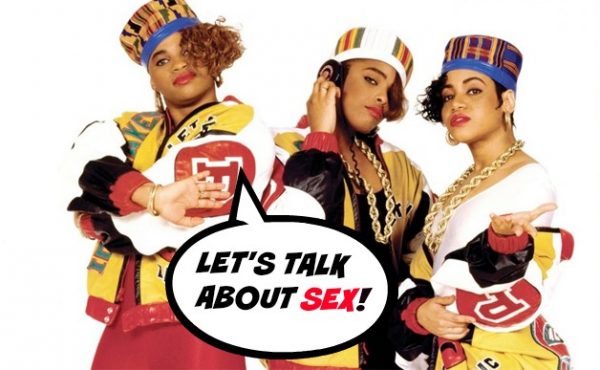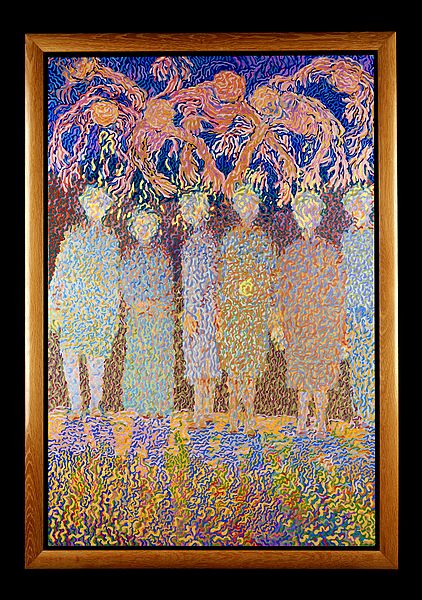Sex Workers: YOU CAN AND SHOULD REQUEST PANDEMIC RELIEF

So we’re about a month into strip clubs being shut down. Before that, most in-person sex workers had already been worried about the potential of getting or spreading COVID-19 (the illness caused by the coronavirus) at work, and probably noticed a significant dip in business. Most times we’d be SOL when it comes to accessing unemployment benefits, since save for dancers at a handful of strip clubs, we’re not employees on payroll. But that changed when Congress passed the CARES Act in March, which expanded unemployment benefits to independent contractors.
There have been a lot of misleading screenshots and headlines implying that sex workers are excluded from pandemic relief. While it’s true that some adult entertainment businesses are theoretically excluded from the Small Business Administration’s disaster loans, sex workers as workers are just as eligible for stimulus payments and the expanded unemployment assistance that’s out there as any worker. Even if you’ve been operating as a business, you’re eligible as a sole proprietor to apply for unemployment now (Unfortunately, that only goes for citizens and permanent residents. If you are an undocumented worker in need of help, there are a lot of sex worker mutual aid funds that are prioritizing workers who can’t access government aid. Here are a few lists of those funds and resources for finding help. This COVID-19 resource post from Kate D’Adamo on Slixa also has information on other types of help available for all workers, as well as some myth busting on those Small Business Administration loans—you can still apply, and though there’s a chance you’ll be denied, you might just get it. “The definition of that term [“prurient sexual performance”] is based on the application of what’s called the Miller obscenity test,” D’adamo writes, “and a lot of things are actually fine – sex shops, sex educators, probably even strip clubs. Where it gets trying is anything involving the internet, because of competing court decisions that the Supreme Court hasn’t weighed in on.” D’adamo also notes that the whole process is a “clusterfuck” because banks don’t have enough information from the Fed to process applications, and “no one’s getting shit from anyone anytime soon, prurient sex-related or not.”)
There are two main types of assistance for individuals available: The one-time $1200 ($2400 for married couples and an additional $500 per child) Economic Impact Payments from the federal government, and the expanded unemployment benefits that cover the self-employed. Unemployment benefits are administered at the state level, so you’ll need to find your state’s unemployment website to start a claim. Maybe you’ve heard that the pandemic levels of unemployment have swamped unemployment claims? It’s not a great process to begin with, and having to revamp the whole deal hasn’t gone quickly or smoothly. But it’s a good idea to go ahead and start on the process. Supposedly workers will be able to get back payments, so try to get records of everything you can dating back to when you had to stop working due to the pandemic.
Here’s how to get started.
 Bareback sex feels fucking amazing.
Bareback sex feels fucking amazing.

 Danielle is the Care Coordinator for
Danielle is the Care Coordinator for